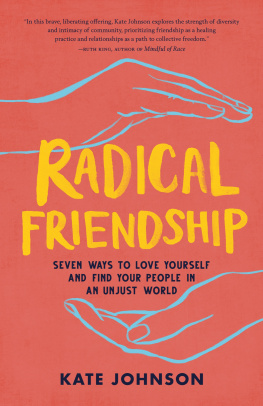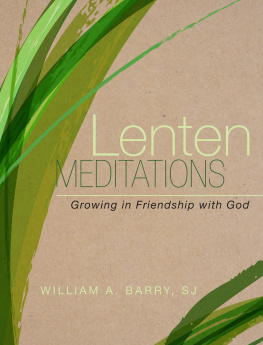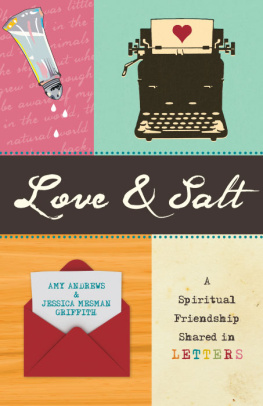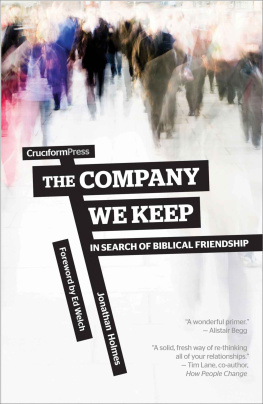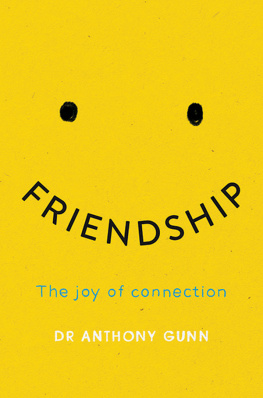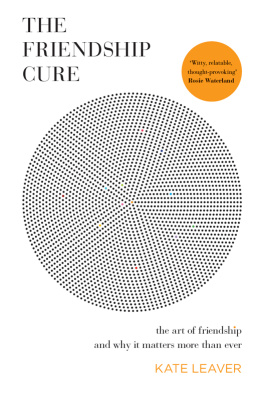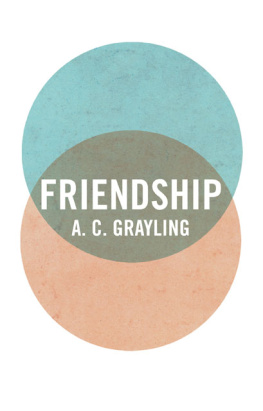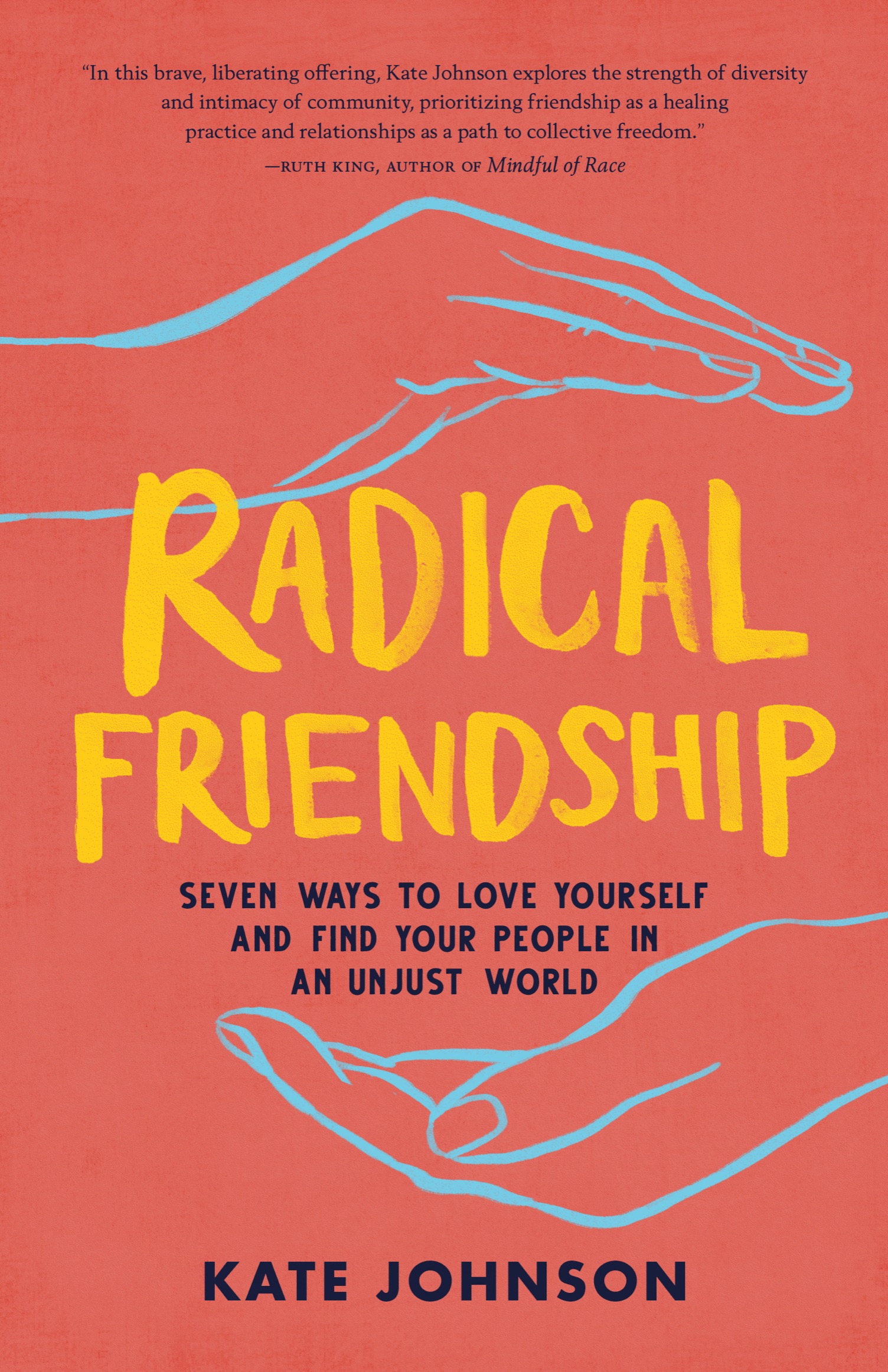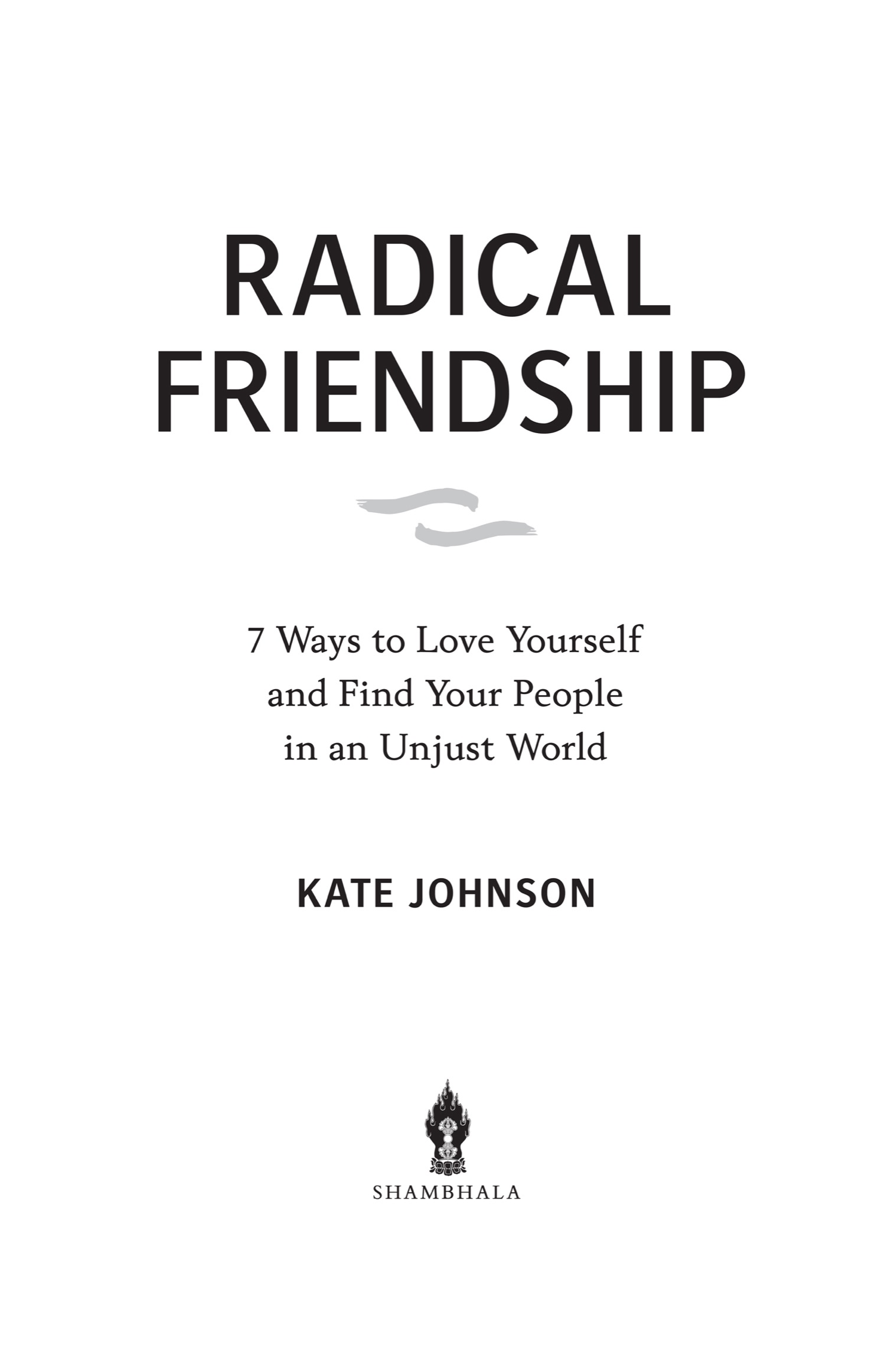PRAISE FOR
Radical Friendship
A skilled, natural storyteller and teacher, Kate generously shares her humanity and journey of fears, tears, and awakening as a mixed-race Dharma student, activist, and teacher. This is a rare opportunity to receive the gift of deeper understanding of a multilayered, heartbreaking, and heartwarming journey accompanied by integrated wisdom.
GINA SHARPE
Radical Friendship connects the Buddhist teachings to universal human experience by unraveling the narrow bandwidth of white supremacy within Western interpreted and colonized dharma. A radical teacher that lifts veils of privilege, oppression, and fragility (greed, hatred, delusion), this book invites and allows the dharma to permeate into all of our diverse lives that matter.
LARRY YANG , author of Awakening Together: The Spiritual Practice of Inclusivity and Community
Radical Friendship is a wise, ennobling, sanctuary of a book. It invites our heart to go deep into friendship, justice, love, and conscience. It reminds us of the beauty we can create with one another.
JACK KORNFIELD , author of A Path with Heart
With love and rigor, Kate Johnson offers a timely roadmap for healing and transformation. Through fierce honesty, compelling storytelling, and trauma-informed practices, she reminds us how to build relationship across difference and find freedom in every moment. Im so glad she wrote this book.
DAVID TRELEAVEN, PHD, author of Trauma-Sensitive Mindfulness
This is a thoughtful and compassionate exploration of the meaning of friendship and its practice in todays confused and contentious world. Basing her exposition on an ancient Buddhist text, Kate Johnson offers us many precious nuggets of practical wisdom that can enrich our spiritual life, deepen personal relationships, and sustain us in ways that are both profoundly meaningful and fulfilling.
VEN. BHIKKHU BODHI
Radical Friendship has arrived on time! This book is relevant, on point, and apropos for the world we are living in today. Kate Johnson has provided a thought-provoking synthesis of Buddhist understanding and the politics of social justice, race, class, gender, ableism, and sexual orientation. She points to the many ways we might honor the spaces we occupy through identity without interpreting our differences as further proof that we are separate. She invites us to understand what freedom could be possible by applying this to relationship. Her perfectly chosen words and bigness of heart point us toward clear comprehension of what is possible if only we surrender and let go into the perfection of lovelove for ourselves and love for others, buoyed by compassion, equanimity, and courage.
DARA WILLIAMS
In Radical Friendship, Kate Johnson examines the Buddhas teaching on the seven qualities a true spiritual friend should embody. The book describes her journey as she sets out to become a true friend to herself and others. Johnson offers a fresh and timely interpretation of spiritual friendship informed by her study, her practice, and life experiences.
SHARON SALZBERG , author of Real Happiness
Shambhala Publications, Inc.
2129 13th Street
Boulder, Colorado 80302
www.shambhala.com
2021 Kate Johnson
Cover art: Signet/Shutterstock and LivDeco/Shutterstock
Cover design: Daniel Urban-Brown
Interior design: Kate Huber-Parker
All rights reserved. No part of this book may be reproduced in any form or by any means, electronic or mechanical, including photocopying, recording, or by any information storage and retrieval system, without permission in writing from the publisher.
For more information please visit www.shambhala.com.
Shambhala Publications is distributed worldwide by
Penguin Random House, Inc., and its subsidiaries.
Library of Congress Cataloging-in-Publication Data
Names: Johnson, Kate, 1981
Title: Radical friendship: seven ways to love yourself and find your people in an unjust world / Kate Johnson.
Description: Boulder, Colorado: Shambhala Publications, Inc., 2021.
Identifiers: LCCN 2020001496 | ISBN 9781611808117 (trade paperback)
eISBN 9780834843240
Subjects: LCSH: Interpersonal relations. |
Self-acceptance. | Relationship quality.
Classification: LCC HM1106 .J648 2021 | DDC 302dc23
LC record available at https://lccn.loc.gov/2020001496
a_prh_5.7.0_c0_r0
To my mother, Ann
&
my daughter Maple
CONTENTS
PRACTICES
Introduction
This is a book about finding your freedom, finding your people, and the possibility that these are actually two parts of one and the same spiritual path.
Its a book about friendship as both a fundamental human relationship and a fundamental attitude of heart and mind with which we can navigate the world around us. Friendship as an inner fulcrum upon which all our actions can reliably hinge, a compass to offer us direction when were lost, and a shield to protect us.
This is also a guide to reopening spaces for collective friendship, even friendship at the societal level. Of course, whenever we are relating to another human being or community, we are bridging a difference of some kind. Our survival in an unjust world will depend on our capacity to be, feel, and move in right relationship with all various backgrounds, identities, and lived experiences that exist within us and between us.
The idea for writing this book began, as all growing things do, with a seedin this case, a talk at a Buddhist conference in spring 2013. The event had come under fire in the previous year for promising audiences the emerging face of Buddhism in the West, and delivering a roster of speakers that was almost entirely white and male. In the following year, the organizers were doing their best to make things right by increasing the number of presenters who were women and people of color. I was one of them.
Just a few months earlier, while I was on a two-month silent Buddhist meditation retreat, a Black teenager named Michael Brown was shot and killed in Ferguson, Missouri, by a white police officer, Darren Wilson. Because Id given up reading, writing, and talking while away on retreat in deep solitary practice, Id had no conscious knowledge of what had happened. But in my meditations over those two months, I experienced terror like I had never known before. I was so fearful, I could hardly put one foot in front of the other to leave my room. I figured it was some sort of purification, a release of all the unmetabolized fear Ive felt in my life, and the fears of all the generations before me that feed into this one. It wasnt a bad way to make sense of things, and maybe not even a wrong way, but I know now that it wasnt the whole story. I believe I was sensing in to something much bigger than myself.
On the ride to the bus station on my way home from the retreat, my taxi driver informed me. I heard Michael Browns name for the first time, and learned that he had been unarmed, murdered, his body left bleeding in the street for hours. For the people of Ferguson, Missouri, who had been terrorized by white supremacist police officers for decades, who had seen countless family members, friends, and loved ones beaten or killed by those officers, Browns death was a breaking point. When the Black residents of Ferguson went out into the streets to express their grief, they were assaulted with tear gas and rubber bullets by police officers in riot gear. Activists, artists, healers, and others from around the country had gathered to support the mourning community in Ferguson and to defend Black lives. The events that unfolded after that murder exposed to the world what some Americans had already known or suspected: the illusion of a post-racial society was exactly that.

